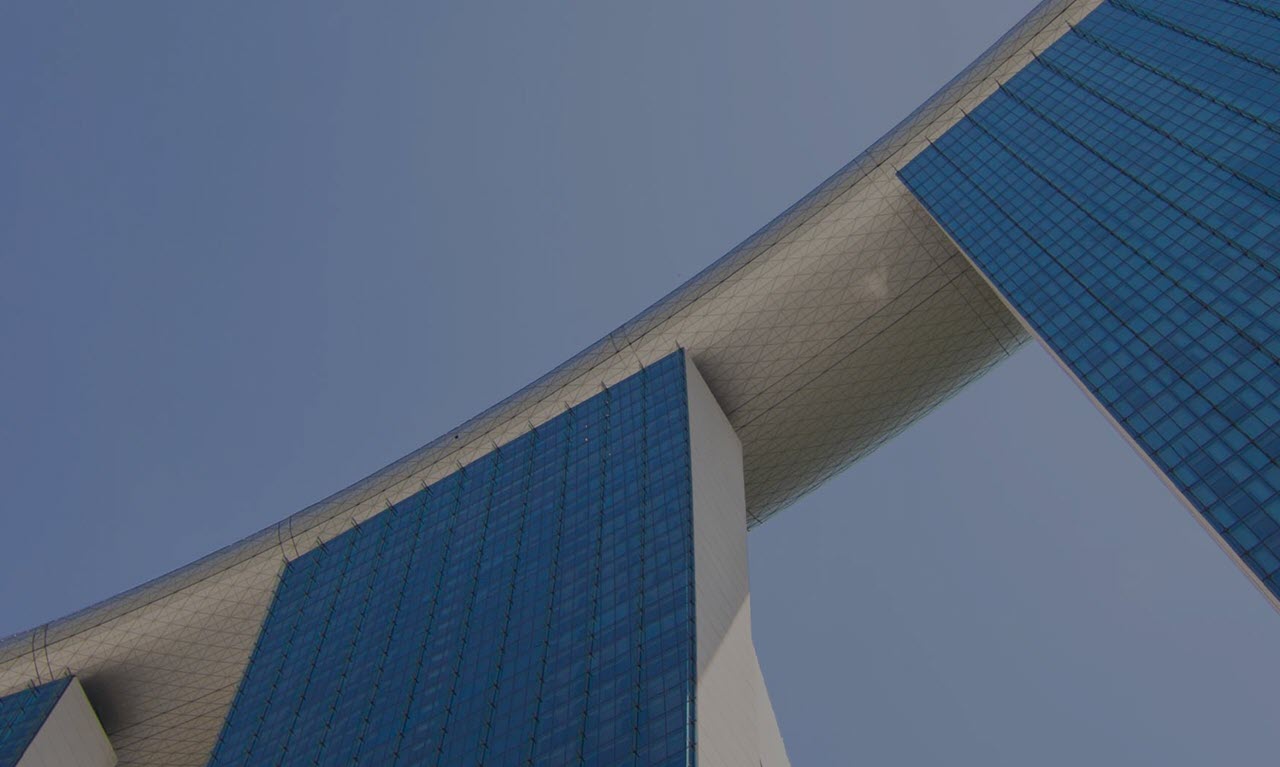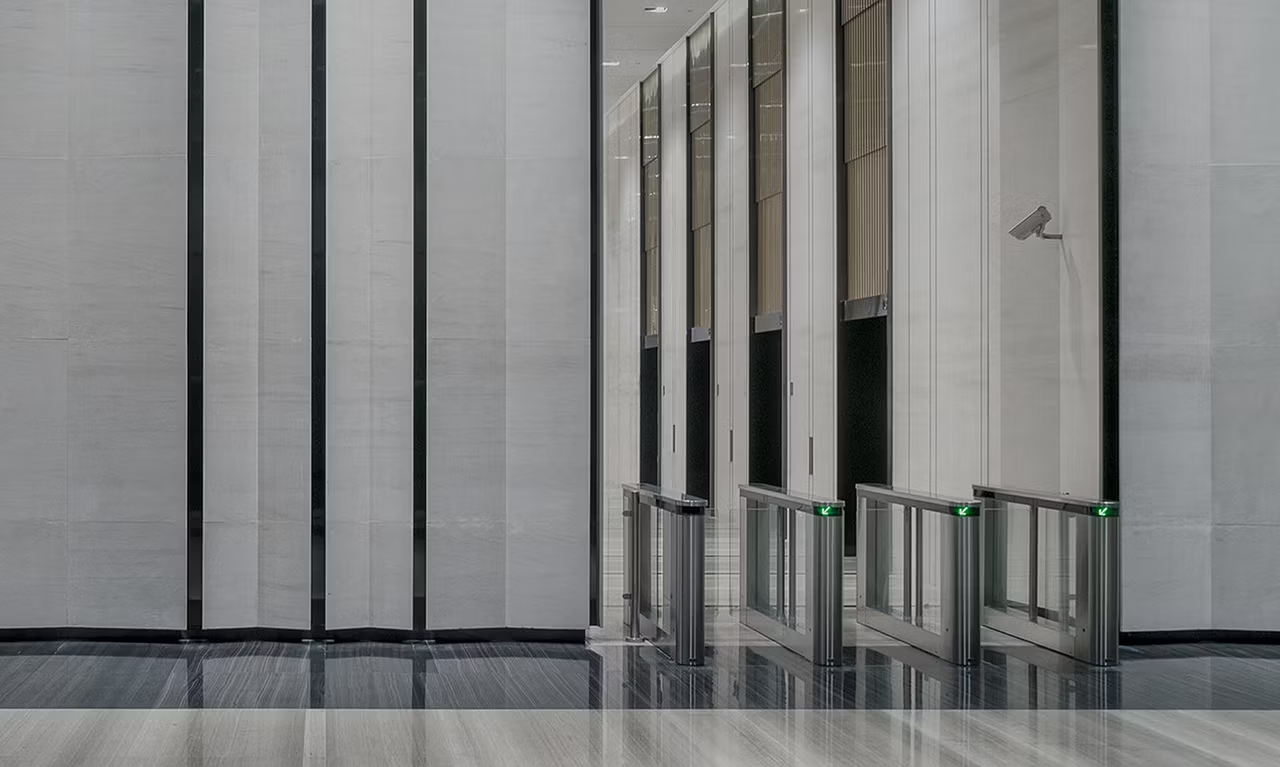Shariah-compliant investing has grown considerably in recent decades, as the Islamic investment community has demanded increasingly sophisticated investment solutions that adhere to the tenets of Islamic law. As a result, the need for high-quality, transparent, Shariah-compliant benchmarks has developed. Today, Islamic indices serve a critical role in Islamic finance; these unique indices identify the universe of securities available for investment and define the way Islamic investors measure the markets.
Introducing Islamic Indices
Islamic indices are subsets of conventional benchmarks that include only companies that pass rules-based screens for Shariah compliance. The resulting Shariah indices tend to be highly correlated to their conventional non-Shariah counterparts and provide Islamic investors with Shariah-compliant versions of a wide variety of popular benchmarks. For example, the S&P 500® Shariah is a subset of the widely recognized S&P 500, and it includes only Shariah-compliant constituents of the S&P 500.
As with all Islamic financial products, a supervisory board of Islamic scholars oversees the rules governing Shariah-compliant indices. The board is responsible for defining and maintaining the rules governing the Shariah screening process. However, S&P Dow Jones Indices retains oversight on all other index methodology issues, including rules for company selection in the benchmark index, weighting and index maintenance.
The Ins and Outs of the Shariah Screening Process
Shariah screening is performed at two primary levels: business activity and financial ratios. First, the business activities of each company are evaluated. Companies with significant involvement in certain business activities prohibited by Shariah law are deemed noncompliant. Activities that are generally considered noncompliant include conventional financial services, alcohol, tobacco, gaming, pork, pornography and most conventional media organizations. After removing companies with noncompliant business activities, the remaining companies are examined for compliance with board-approved financial ratios. Areas of focus include the degree of financial leverage and holdings of cash, receivables or interest-earning securities.
Exhibit 1 provides a comparison of the screening methodologies employed by the S&P Shariah Indices and Dow Jones Islamic Market™ Indices. While the criteria evaluated are largely similar, there are some differences, as Shariah scholars have not reached a complete consensus on all aspects of Islamic finance. For example, the Dow Jones Islamic Market Indices exclude defense companies, while these firms are allowed in the S&P Shariah Indices. The calculations of accounting ratios also differ to some extent across the two index series.

















































